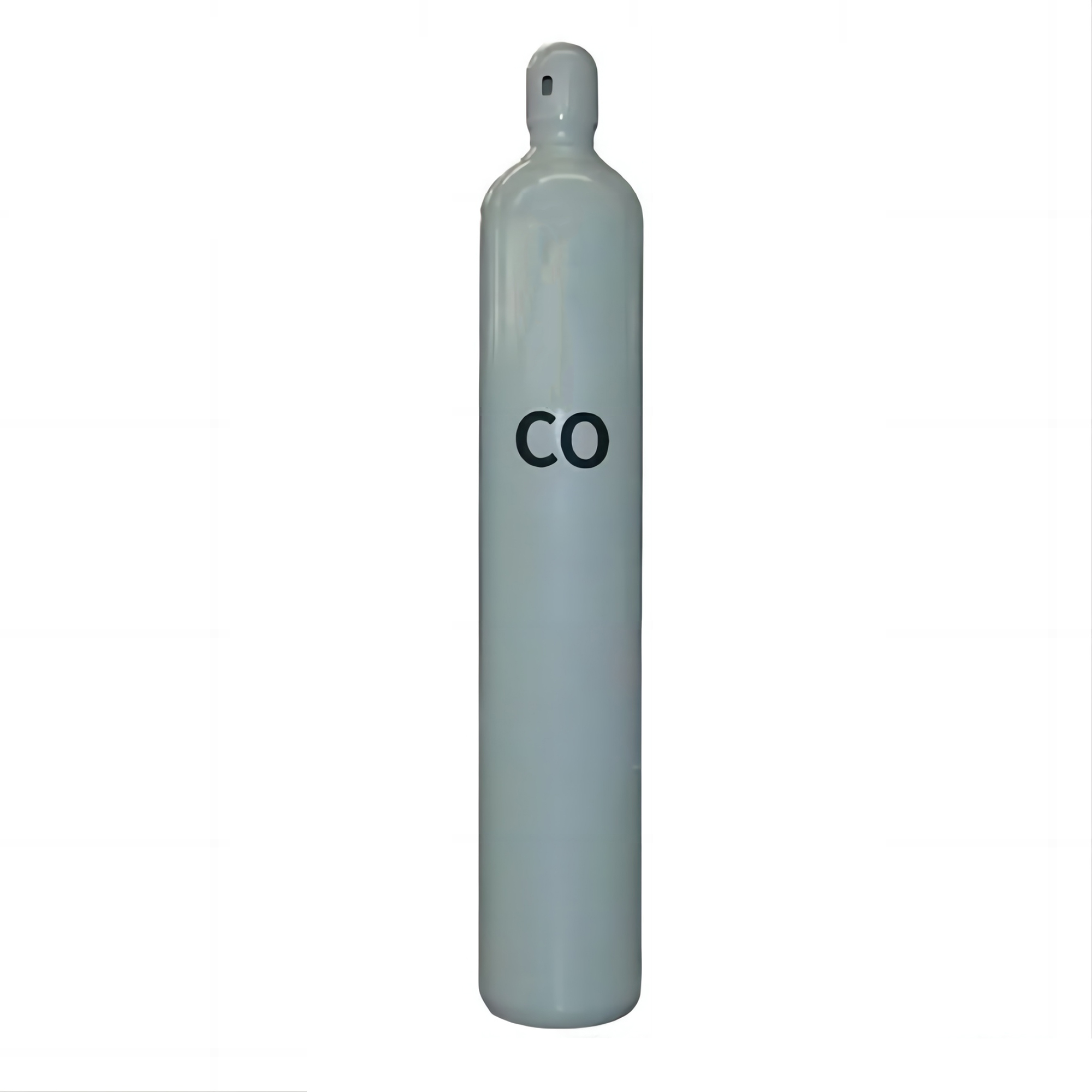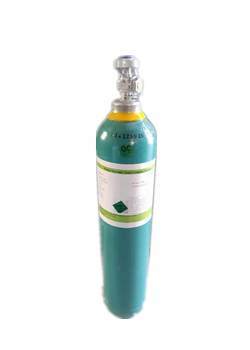Precautions for safe use of nitrogen trifluoride
Nitrogen trifluoride is a low-toxicity substance, but it can strongly irritate the mucous membranes of the eyes, skin and respiratory tract, corroding tissues. Inhalation of high concentrations of NF3 can cause headache, vomiting, and diarrhea. Long-term inhalation of low concentrations of NF3 can damage teeth and bones, resulting in macular degeneration and deformity of the teeth. It is strongly oxidizing. It can react strongly with reducing agent and cause combustion explosion. Contact with flammable substances (such as benzene) and organic substances (such as sugar, cellulose, etc.) can cause violent reactions and even combustion. Extreme heat causes violent decomposition and even explosion.
First aid measures
In case of skin contact, remove contaminated clothing and rinse with running water. If there are burns, seek medical attention.
In contact with the eyes, immediately open the upper and lower eyelids and rinse with running water for 15 minutes. Go to a doctor.
Inhalation, quickly leave the scene to fresh air. Keep the respiratory tract open and give oxygen when breathing is difficult. When breathing stops, give artificial respiration immediately. Go to a doctor.
Leak handling emergency handling
Quickly evacuate the contaminated area to the wind, and quarantine, strictly restrict access. Cut off the fire. It is recommended that emergency responders wear self-contained positive pressure breathing apparatus and wear protective clothing. Cut off the source as much as possible. Reasonable ventilation and accelerated diffusion. Leaky air containers should be properly handled, repaired, inspected before use.





 Facebook
Facebook YouTube
YouTube LinkedIn
LinkedIn Twitter
Twitter